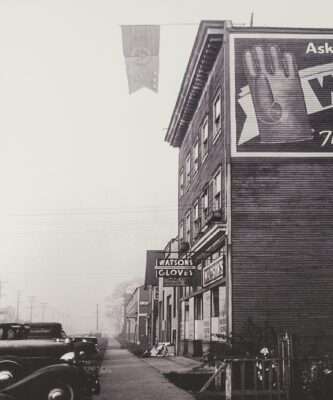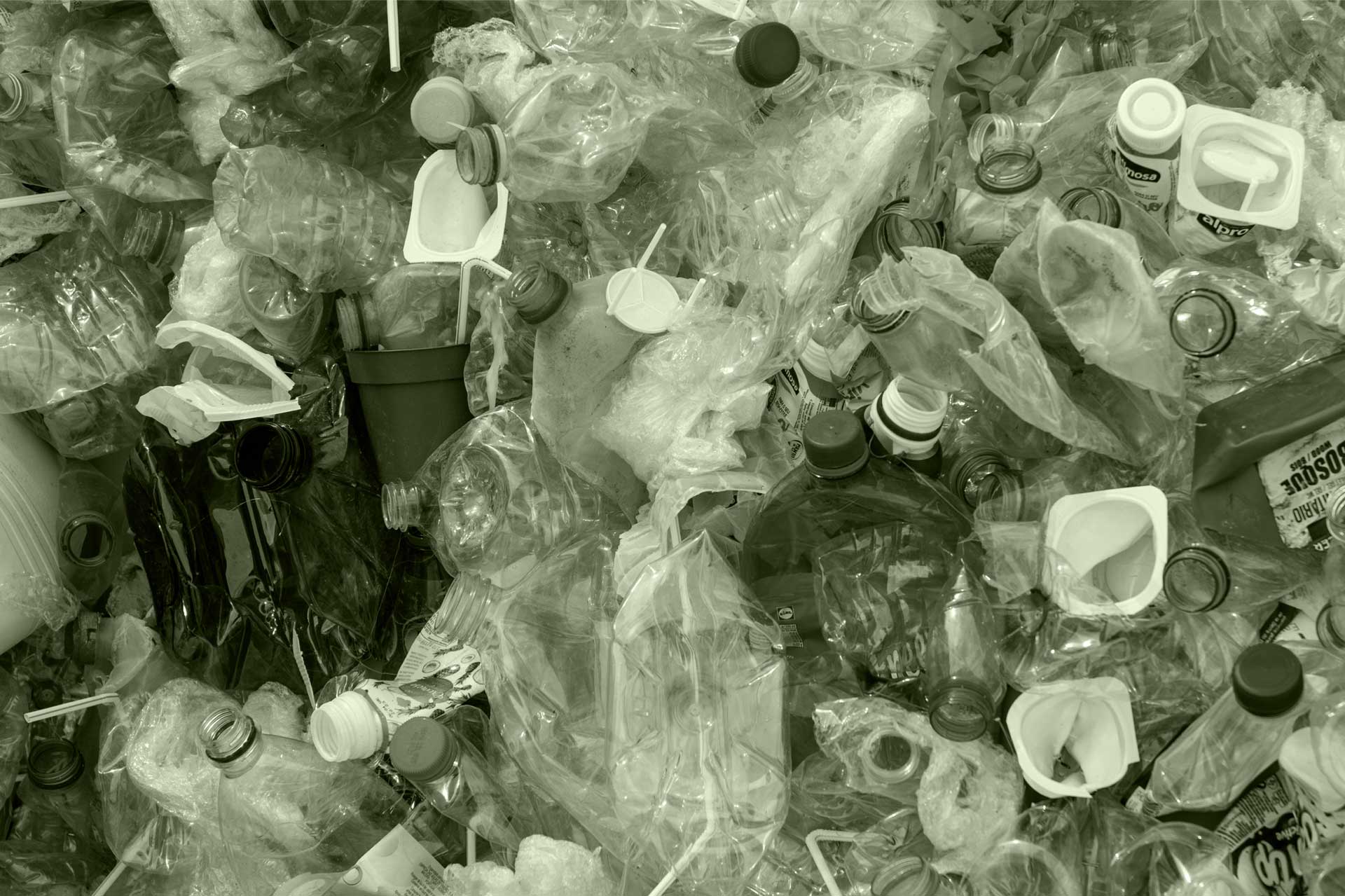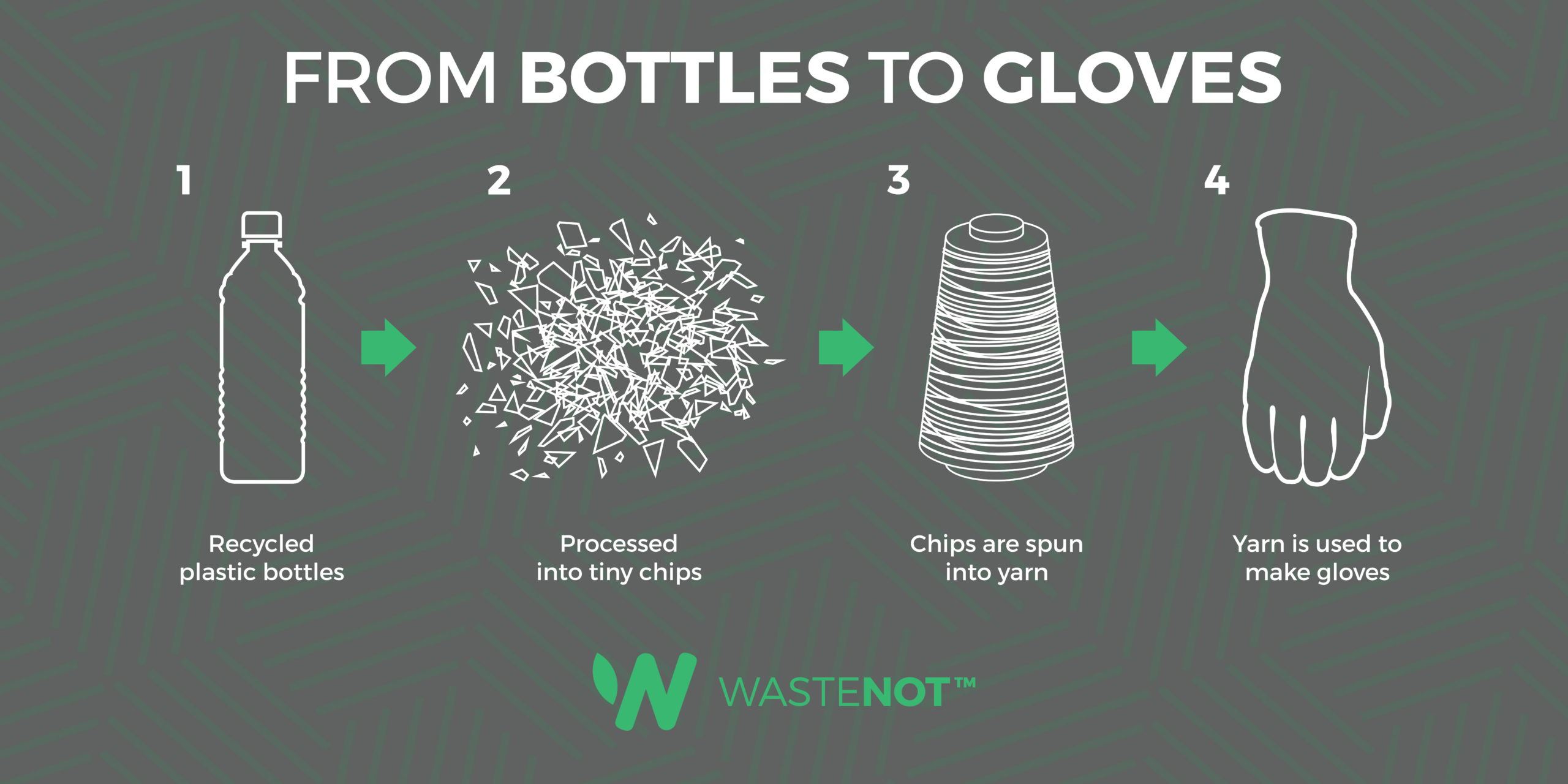Recycled Claim Standard & Global Recycled Standard
The Recycled Claim Standard (RCS) & Global Recycled Standard (GRS) are international, full product standards by Textile Exchange, a non-profit that promotes responsible and sustainable development in the global textile industry.

Textile Exchange’s objective is to drive adoption of preferred fibres and materials (ie. sustainable), increase integrity in the value chain through standards and certifications, create collective impact within the industry, and raise awareness of the positive, meaningful changes being made.
Recycled Claim Standard & Global Recycled Standard Background

The RCS & GRS establish requirements for certification of recycled content and chain of custody, and the GRS additionally establishes requirements for social and environmental practices and chemical restrictions. The goal of the RCS & GRS is to increase the use of recycled materials in products and reduce and eliminate the harm caused by its production.
The RCS & GRS certification can be applied to companies in the textile industry with activity in ginning, spinning, weaving, knitting, dyeing, printing, cutting, and stitching. The certification can also be applied to recyclers, distributors, and brands who want to have their recycled products and sustainable practices recognized by an international, reputable standard.
The RCS & GRS have strict guidelines and processes. Certified recycled materials in the entire supply chain must take the required measures to maintain the identity and integrity of the input material, from the raw materials to the final product. The textile must be made with a minimum percentage of certified recycled content depending on the standard.
Recycled Claim Standard & Global Recycled Standard Certification
What does RCS and GRS certification mean? RCS and GRS certification allows companies to validate and communicate sustainability claims about their products based on a system of standards recognized internationally. As RCS and GRS verify the production of the recycled material from the beginning of the supply chain to the final product, it provides greater consumer confidence and assurance in the sourcing of the material. GRS certification also guarantees responsible environmental, social, labour, and chemical practices in the production of the recycled product.
Recycled Claim Standard & Global Recycled Standard Criteria
The RCS and GRS follow similar criteria with GRS having additional, rigorous requirements.
The following need to be met for RCS certification:
- Recycled materials – at least 5% recycled content
- Traceability of the recycled material throughout the entire production process from the recycler to the final product
- Ethical and responsible production
- Ethical work conditions and labour practices, including compliance to the International Labour Organization’s labour standards
In addition to the above, the following also needs to be met for GRS certification:
- Recycled materials – at least 20% recycled content
- Social impact and compliance
- Environmental impact and compliance
- Chemical restrictions
Gloves made with Global Recycled Standard-Certified materials
WasteNot™ yarn, created from 100% recycled PET plastic bottles, is GRS-certified. With Global Recycled Standard (GRS) certification, you can trust that our WasteNot™ yarn is made from at least 20% recycled material and has had limited or restricted use of hazardous chemicals.
Click the button below to find products made with GRS certified WasteNot™ yarn.
Sign up for our newsletter!
Stay up to date with the latest Watson Gloves news, releases, and industry updates by signing up to our newsletter!






